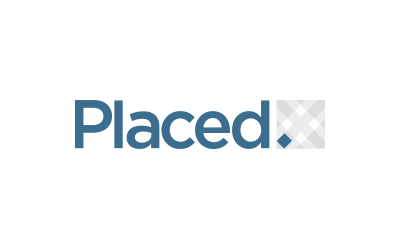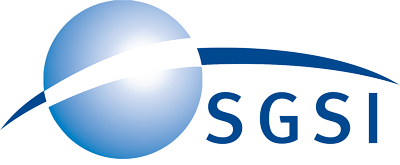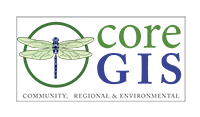QGIS Quick Start with Tips for ArcGIS Users
Evan Derickson
Audience: Beginner, new to QGIS.
Preparation: Bring your laptop and make sure to have QGIS 2.16 or later installed.
Description: Get oriented to the QGIS interface and references to essential resources for QGIS. Proceed with specific functions of QGIS, with tips for users familiar with ArcGIS features: loading data, working with layers, and geoprocessing; and how to leverage the vast resource provided with QGIS as plug-ins. Plug-ins are part of the primary toolkit for QGIS, they are also the key to extending QGIS functionality. We'll explore file formats, data entry and forms, and raster processing. This workshop stands alone as an introduction to QGIS, and is also great preparation for Cartography with QGIS in the second workshop session.









